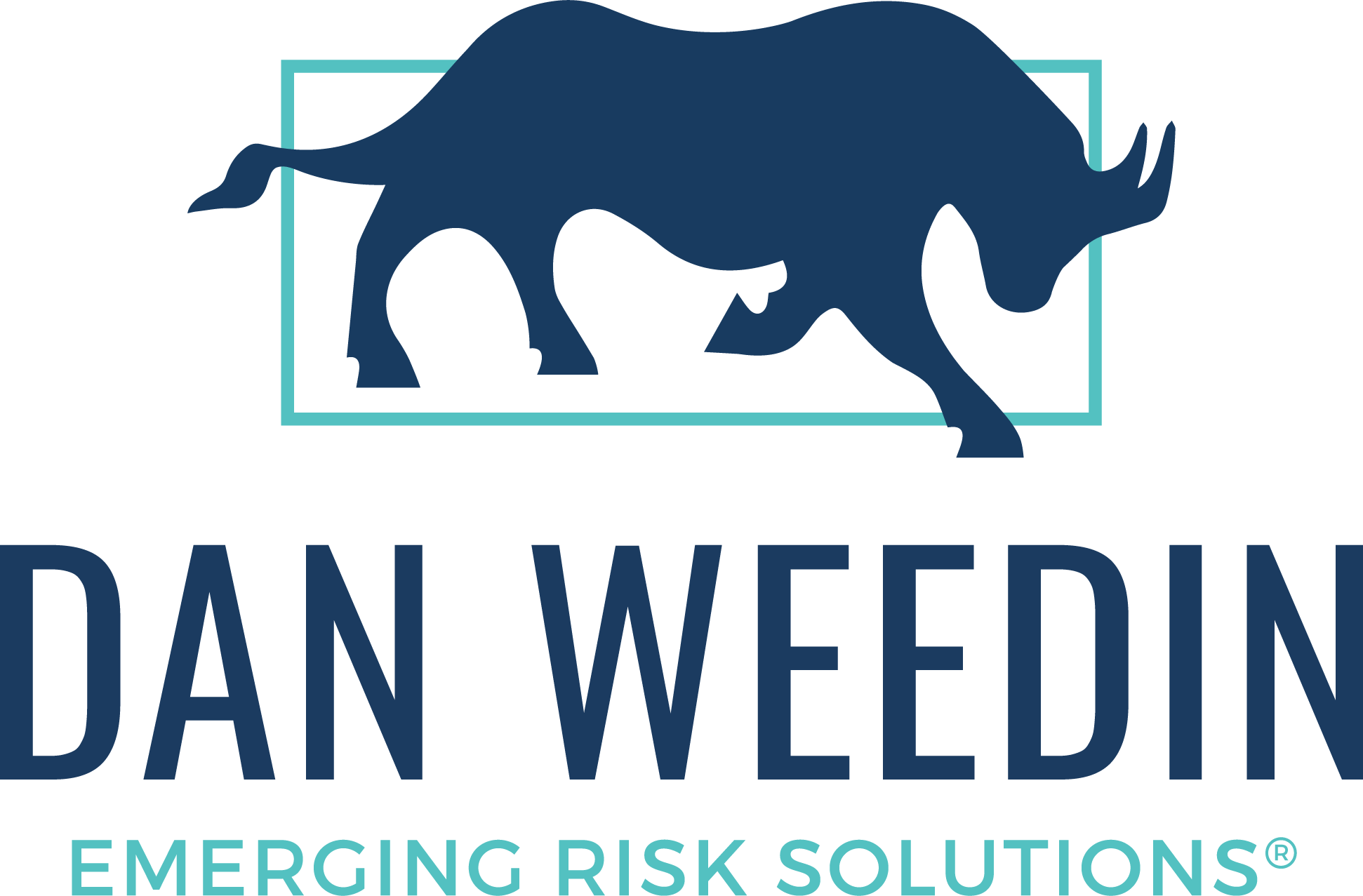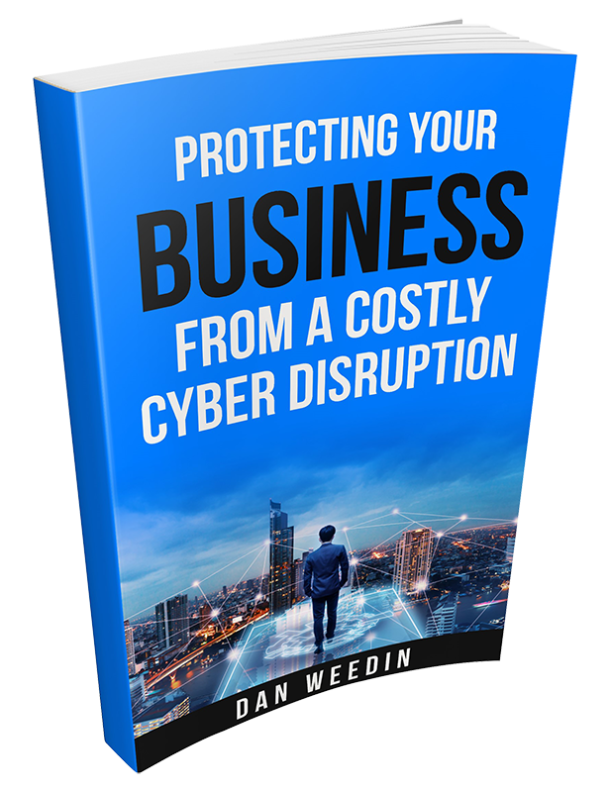I’m always amazed at how well my wife Barb is able to pick out the “bad guys” in the television programs we watch. We are big NCIS, NCIS Los Angeles, and Hawaii 5-0 fans. We also have started watching Bones from the beginning on Netflix. Note – being “empty-nesters” has its advantages.
We always try to figure out “who dunnit” early in the show. I think I come up right about 25% of the time, yet Barb has a nearly perfect record, I think. I asked her last night what makes her so smart. (By the way guys, this is an excellent question to ask regularly) Her reply was pretty profound. She said it wasn’t about being smart; rather it was that she believes she is very observant.
She’s right. Being observant is a vital skill in life, particularly in business. Where are areas you can be observant? How about…
- Your client or prospect’s office. What memorabilia do they display? Who’s photos are hanging up? What accomplishments or hobbies are they proud of? I remember being in a client’s office and noticing his photo while running the Boston Marathon. I also always look to see if they are a member of Rotary because I am. You can learn a lot about what motivates a person by observing their office.
- At breakfast or lunch meetings. How does your prospect treat the wait staff? What does she order and how does she liked things cooked? Is he allergic to anything? The proverbial “breaking of bread” tends to be a fairly relaxed setting and you get a chance to see your prospect or client in a more natural setting.
- At events. Golf outings, ball games, or charity functions are excellent places to observe behavior. When you know the personality and social style of your prospect or client, you are better able to serve their needs and get your message heard.
- Over the phone. You can observe even when you can’t see. Active listening is a key component of observing. Be in the moment and focus on their words. Key in on phrases, terms, or comments which will offer you insight into them personally.
Be careful not to judge. This isn’t about whether you agree or disagree with their behavior. Don’t assume that someone is damaged. Being observant should be about fact-finding, not fixing.
In the end, you are building a relationship with someone. In order to do that well, you need to be observant. By practicing and honing this skill, you will find that you will build greater rapport and earn more business.
© 2010 Dan Weedin. All Rights Reserved

